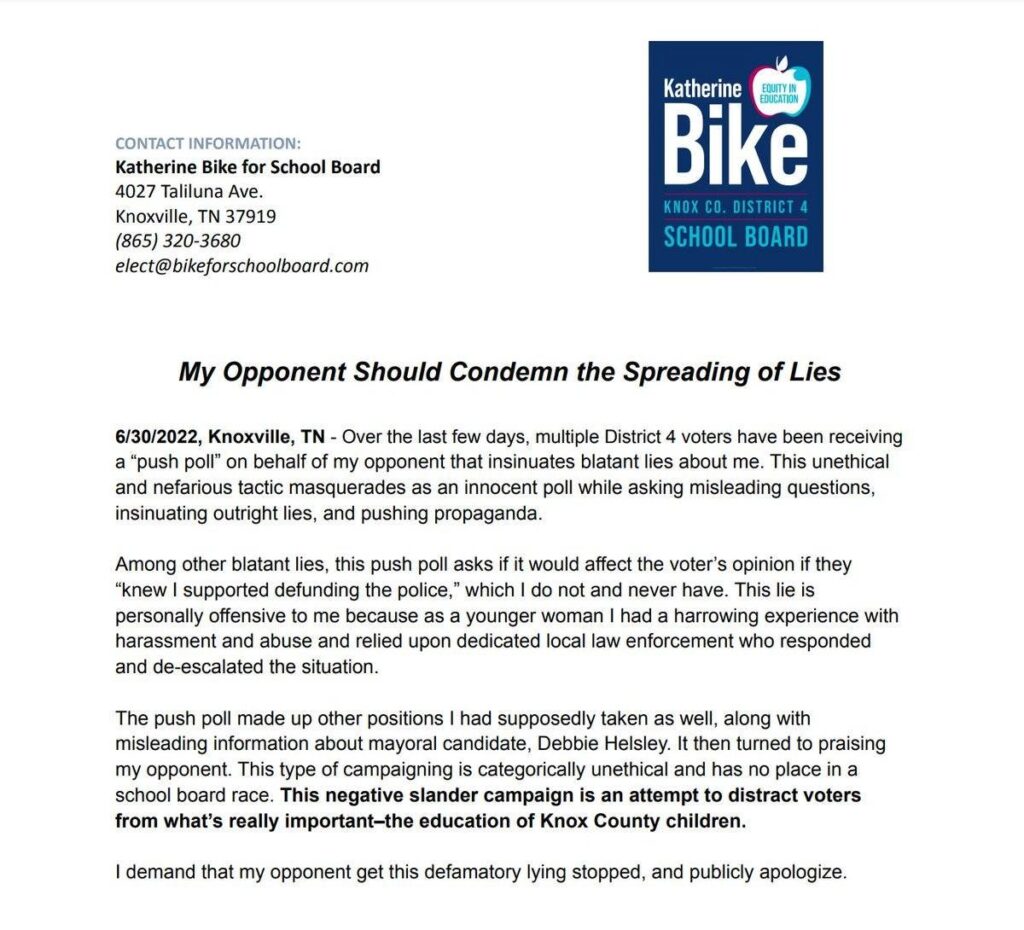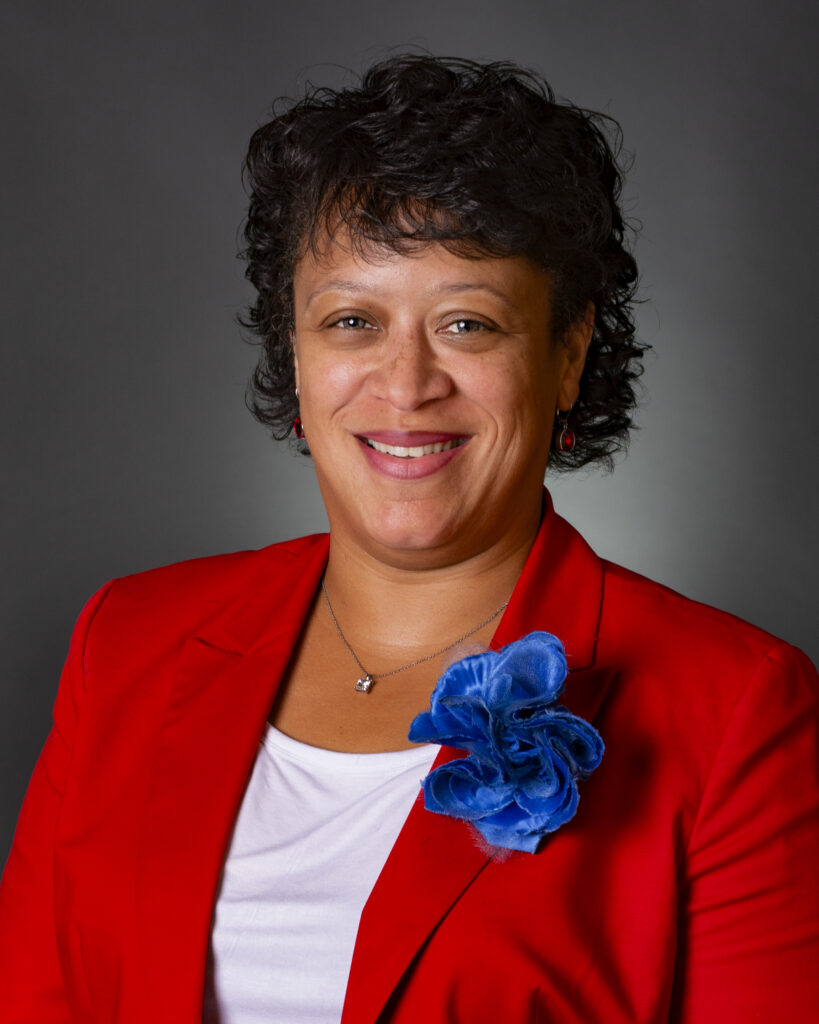The Nashville Public Education Foundation (NPEF) is celebrating its 20th anniversary and calling for “equity metrics” for Metro Nashville Public Schools.
Here’s more from a press release:
| The Nashville Public Education Foundation (NPEF), founded in 2002, will celebrate its 20th anniversary this coming school year. For two decades, NPEF has worked to improve public schools first through fundraising and more recently by supporting teachers and leaders, celebrating success, and advocating for change. The foundation will celebrate its anniversary at the 2022 Public Schools Hall of Fame on September 8 at the Music City Center and throughout the year. “For 20 years, we’ve worked to help shape our city’s schools to better meet the needs of our students and families,” said Meg Harris, NPEF Board Chair. “We are so proud of all that we’ve been able to achieve, but there is still much more to be done to ensure that all children can thrive in Nashville’s schools.” Evolving as an organization to meet the changing needs of a growing and diversifying community, NPEF has seen its mission expand to eliminate systemic barriers that prevent too many students from thriving in school. This evolution led to the release of the documentary By Design: The Shaping of Nashville’s Public Schools, which explores how schools were designed within a larger system of social structures that collectively inhibit students of color and their families from gaining access to resources that help them succeed. Given the deep disparities in opportunities and outcomes for our students, the foundation is calling on the community to push for equity metrics that assess the experience of children and youth in Nashville. Equity metrics would provide a clear picture of how young people are doing in our city, whether progress has been made toward goals, and whether opportunities are in place to support future progress. This aggregation of data would help to contextualize student achievement and other education outcomes within the ecosystem of a child’s life to promote better public policy. “We cannot continue to expect different outcomes if we do not change the way the system is designed,” said Katie Cour, President and CEO of the Nashville Public Education Foundation. “That means changing the way we support children and youth in all aspects of their lives – not just the quality of schools they attend, but also their access to transportation, housing, healthcare, and other core services. Equity metrics would allow us to get a more accurate picture of what our students are truly experiencing and are an important step in building the Nashville we all want.” Equity metrics build on the foundation’s prior work around literacy, professional development, school funding, teacher pay, principal quality, and more. Among the foundation’s achievements in the last 20 years, NPEF has: Opened the Martin Professional Development Center, a state-of-the-art facility dedicated solely to the quality of teaching and instruction in the classroom Honored more than 350 teachers as Blue Ribbon Teacher award winners to recognize and reward the exceptional work of Nashville’s educators Supported the district to develop its approach to recruiting, developing, and retaining great principals, establishing a framework and improving strategies Catalyzed $30 million in investments for Nashville to invest in college strategies through its Bridge to Completion series Released By Design: The Shaping of Nashville’s Public Schools, a documentary driving critical conversations about reimagining our public schools Helped to close the digital divide during the COVID-19 pandemic by raising substantial funds for technology and access to broadband for Nashville’s students and families Led the study on teacher pay in partnership with the Mayor’s office that resulted in the Mayor’s $49 million investment to increase teacher salaries and make Metro Nashville Public Schools (MNPS) teachers the best paid in the state Co-convened the Nashville Literacy Collaborative to sharpen the community’s focus on literacy, resulting in the Blueprint for Early Childhood Success; and Celebrated over 100 community leaders, educators, and organizations making a difference for Nashville’s public schools through the Public Schools Hall of Fame |

For more on education politics and policy in Tennessee, follow @TNEdReport
Your support – $5 or more – makes publishing education news possible.








